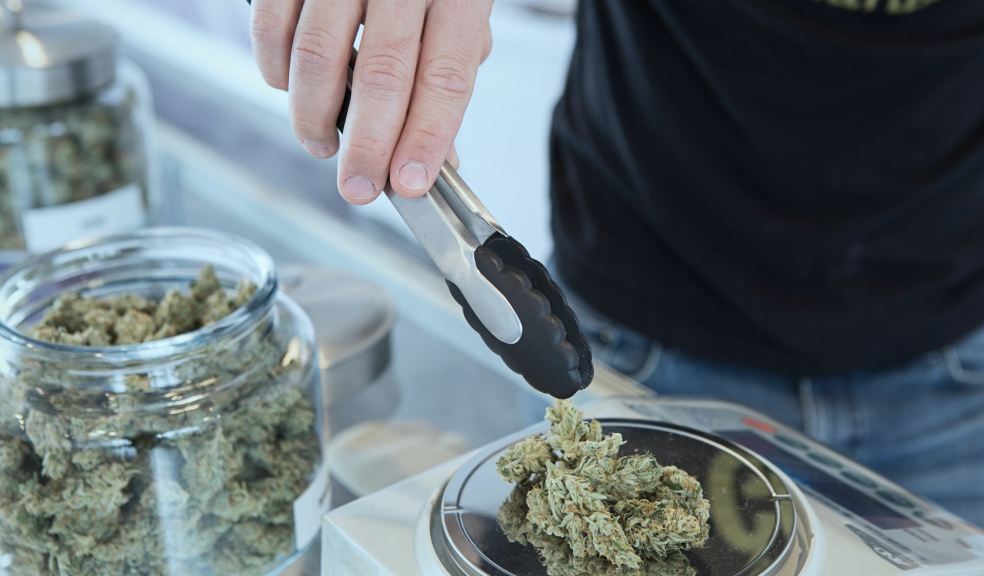
Medical Cannabinoid without Prescription? Try CBD
It is legal to use cannabis for medical purposes in the United Kingdom. However, this does not mean that you can avail of cannabis treatments from anywhere. You must obtain a prescription if you want to buy a cannabinoid-containing medicine. A specialist doctor will have to prescribe the treatment that is appropriate for you. You cannot arbitrarily decide on the dosage or kind of product to get.
This may sound inconvenient, but it is necessary to avoid abusive use. Nevertheless, there is a way to take advantage of the therapeutic effects of cannabinoids without the need for a prescription. This is through cannabidiol, a type of cannabinoid derived from the hemp plant.
Non-psychoactive cannabis therapy
Cannabidiol is the active ingredient in CBD flowers and buds, pollen hash, dried hemp flower, and CBD gummies and cookies. What makes it different from other cannabinoids is that it is not addictive. Taking it also does not result in a state of altered consciousness. It is not psychotropic by itself. It may only deliver a "high" when used with other substances.
The pollen hash and other CBD-containing products sold by speciality stores are not associated with public health concerns. According to the World Health Organisation, cannabidiol is unlikely to induce addiction. Also, the premier global health institution says that this substance does not exhibit effects that make it a potential cause of serious issues such as schizophrenia and mental degradation.
Products that include cannabidiol are legal across the UK, provided that they do not contain more than 0.2% of delta-9-tetrahydrocannabinol or THC. This compound is the major psychoactive cannabinoid in cannabis.
Health benefits
Cannabidiol has a number of health benefits, one of which is its potential effectiveness in addressing epileptic seizures. Studies have shown that it can improve the conditions of those who have Dravet syndrome and Lennox-Gastaut syndrome. It was even approved by the US FDA for treating epilepsy in young children.
Another potential positive effect of this non-psychoactive substance is the mitigation of anxiety disorders. It is reported to have the potential to address PTSD, seasonal affective disorder (SAD), and panic attacks. Studies show compelling clinical evidence of the anxiety-busting effects of CBD.
Additionally, cannabidiol is a potential option for pain management. It can help ease the pain or discomfort caused by amyotrophic lateral sclerosis (ALS). It is also helpful for those who are suffering from chronic pain.
Moreover, CBD is shown to have the potential to decrease the adverse consequences of high glucose levels. It can help arrest the complications of diabetes, including the accumulation of plaque in the arteries.
A recent study also suggests that CBD can be useful in addressing the serious problem of opioid misuse. Cannabidiol can be used alongside the opioid antidote naloxone. It helps reduce the dependence on various pain relief opioids.
CBD products are legally available, and they usually do not require any prescription. People who suffer from chronic pain, seizures, anxiety, depression, and even opioid addiction may want to consider trying CBD first before committing to medical marijuana.













